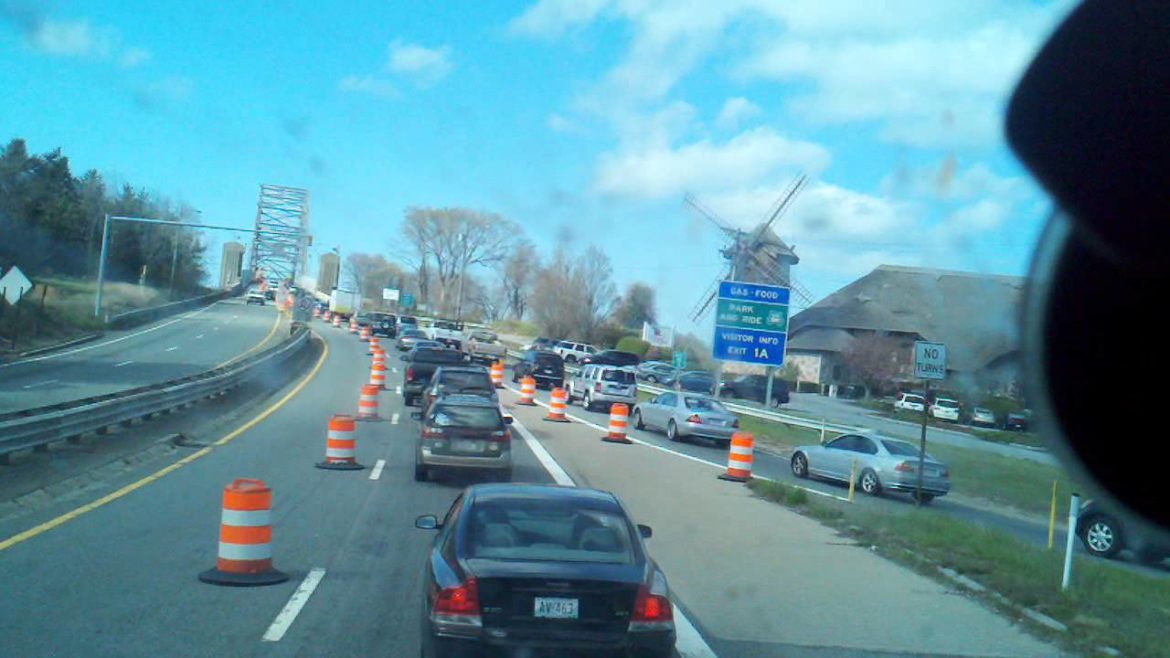By Mark Okrant, NH travel Guru
In an earlier NH Travel Guru column, we introduced the concept of “Overtourism,” a circumstance that results when there are too many people visiting a destination. Overcrowding has been occurring for decades in countless foreign and domestic locations, and is the opposite of “Responsible Tourism,” wherein tourism is utilized to make areas better places to live and visit.
With Overtourism threatening the long-term welfare of favorite state-side destinations like Cape Cod, southern Florida, and our national parks, let’s take a closer look at this phenomenon and some potential solutions.

Mark Okrant
Why is Overtourism occurring? Founder and guru of the Geotourism movement, Jonathan Tourtellot, identifies three driving forces of Overtourism: population growth, increased affluence (3 billion people are projected to have middle class wealth in three decades), and technological advances. Simply put, the world’s population is growing at a tremendous rate—by one billion souls (16.4 percent) since the turn of the twenty-first century. Add growing middle classes in Asian and South American countries, and travel information being shared with super efficiency, and the recipe is complete.
Historic figures of international travel arrivals paint a shocking portrait of the challenges that lie ahead. Tourtellot tells us that, in 1959, there were 25 million international arrivals worldwide. Last year, that figure reached 1.3 billion, with an additional increase by more than one-third expected during the next two years.
Tourtellot and his colleagues at the Destination Stewardship Center are attempting to address the problem through a combination of educational and tourism management practices. To succeed in limiting Overtourism demands that communities, governmental bodies, and international agencies work together to lesson the pressure on popular destinations such as Venice and Machu Picchu. This will require a cooperative effort to change travelers’ behaviors.
Among the short-term recommendations made by Tourtellot’s team are: better visitor management programs, time management efforts, visitor quotas, and shuttle transport systems. Other recommendations would call for dramatic price increases, concentrating visitors within prescribed areas, and limiting tour bus activity.
The Geotourism movement offers possible cures for what is currently ailing our travel destinations. Geotourism calls for a re-emphasis upon travel styles that sustain or enhance the existing natural, cultural, aesthetic character and heritage of places. In such circumstances, the well-being of residents will never be ignored in favor of bringing more visitors into a community.
One way of accomplishing Geotourism is by supplanting the present emphasis upon visitor quantity in favor of quality visitation. What does this mean in practical terms? Rather than attract hundreds of thousands of daytrip visitors (e.g., bus tours), places would seek to attract longer term guests to their area. As Tourtellot tells us, “Three visitors who spend three nights in an area spend more than forty staying only for lunch.”
To accomplish what Tourtellot and his colleagues are proposing will necessitate a substantial change in tourism management philosophy. Initially, a coordinated focus upon management, as opposed to marketing, must take place. Protection of resources then would replace maximum profit as the travel industry’s primary motive. This is best accomplished when destination managers place their emphasis upon authenticity and sustaining a place’s special attributes.
By taking these steps, tourism can be a positive force, rather than the destructive agent it has been in too many places.
After forty years as an educator, researcher, and consultant, Mark Okrant joins IndepthNH.org to offer concise, informative insight into New Hampshire’s travel and tourism industry as a business, while showcasing the people and places you want to know. This guy’s really been around. And, he’s funny, too.
For more about Mark’s compelling tourism-based murder mystery series, visit www.markokrant.com.
For information on current things to do in New Hampshire, go to: http://www.visitnh.gov/what-to-do/event-calendar.aspx





